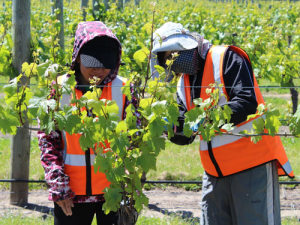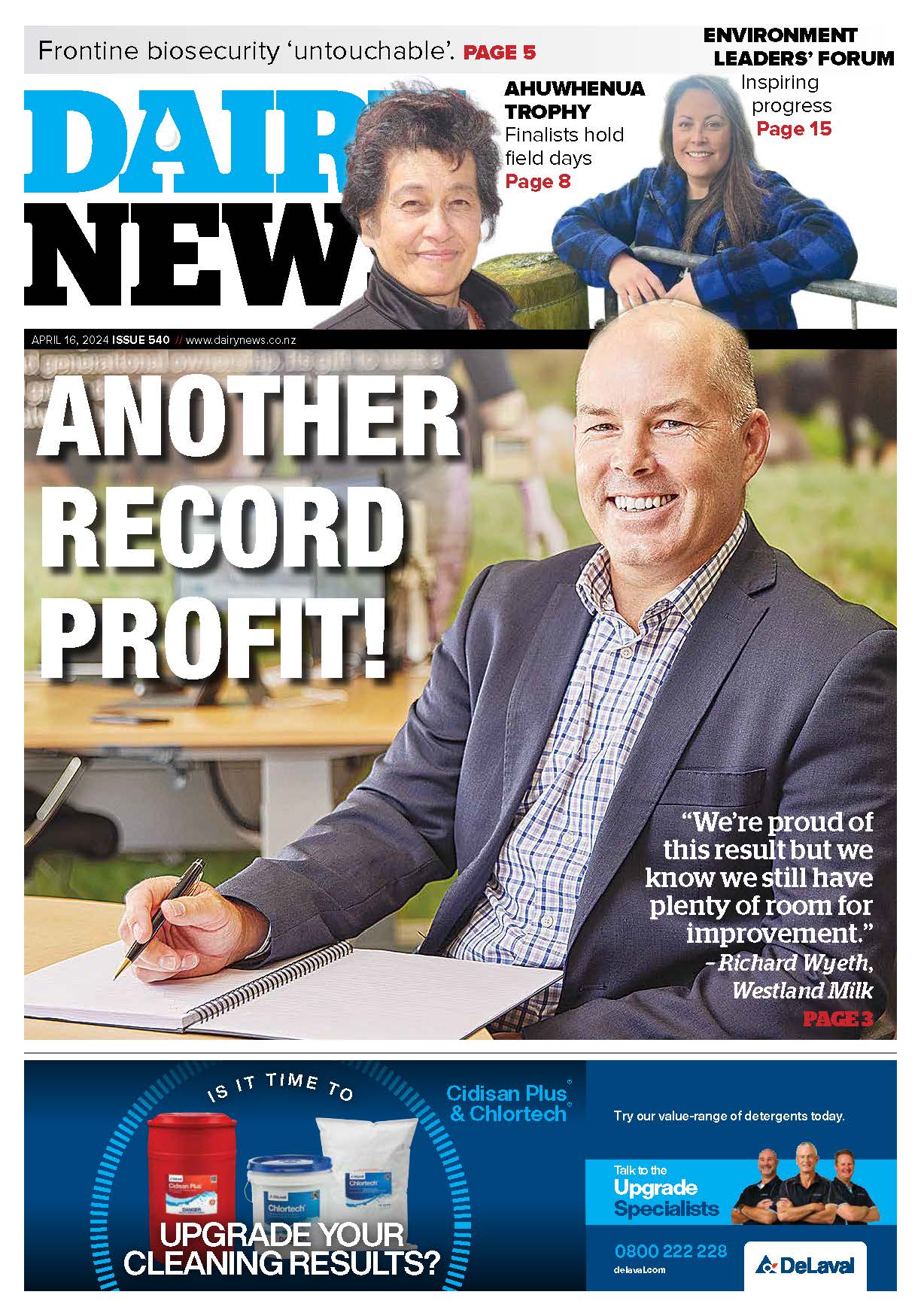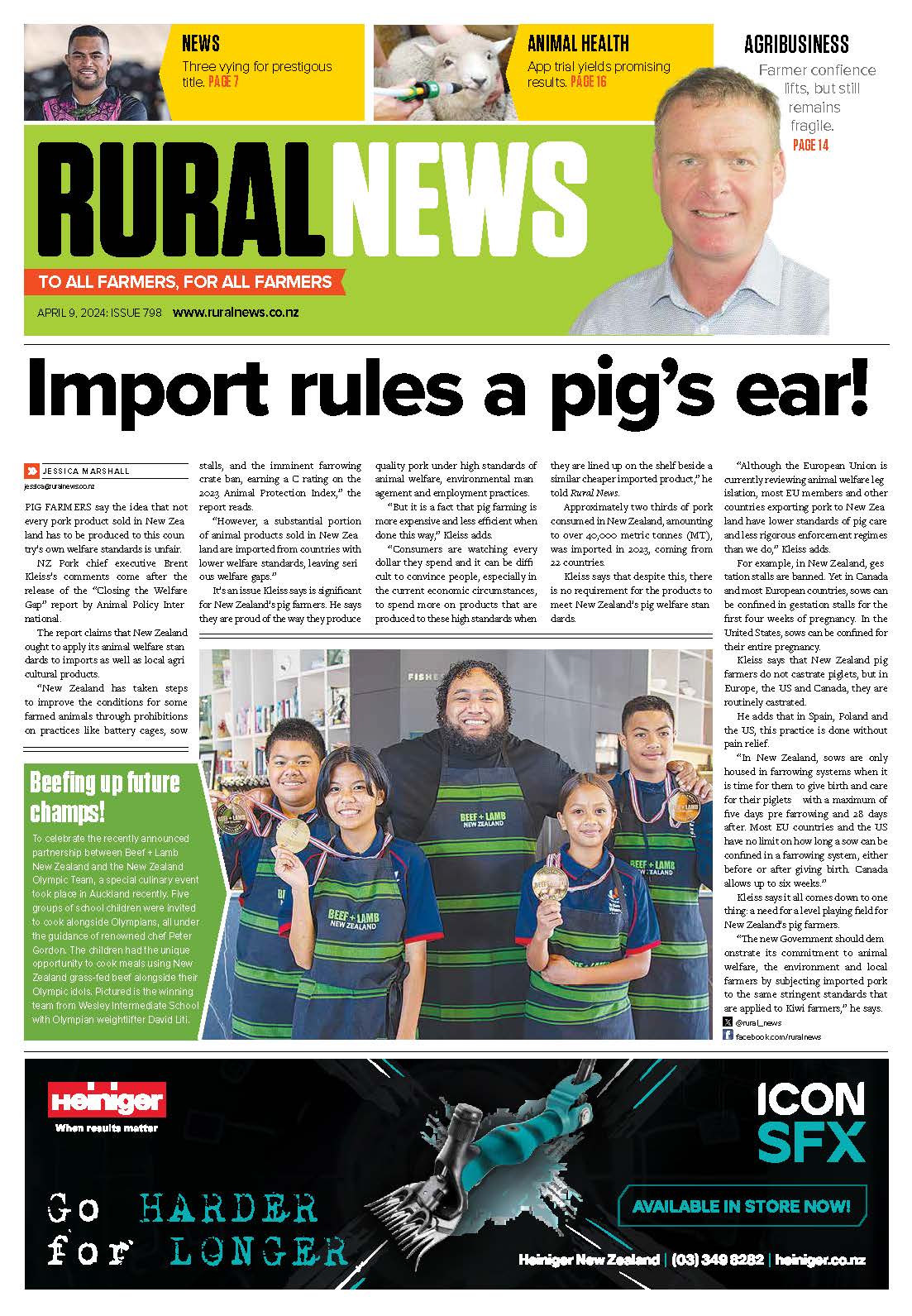The scheme celebrated its 10th birthday in July at a conference attended by New Zealand government ministers, members of government agencies, representatives of Pacific governments and RSE employers from throughout the country.
Instigated back in 2007, the programme’s aim was to provide seasonal workers from the Pacific for the horticulture and viticulture industries, while also allowing the workers to earn funds and skills to take home. While there was some trepidation at the initial outset that the programme would be too difficult to manage, those fears appear to have been unfounded.
Dr Manjula Luthria from The World Bank says the RSE scheme has changed the conversation regarding labour mobility programmes, and is now being praised by international bodies.
“The ILO (International Labour Organisation) describes your RSE scheme as a model for other countries to follow,” she told the conference, “promoting safe and orderly mobility, respecting the rights of workers and the needs of employers.
“It takes a lot for the ILO to say that. It is not a big fan of guest worker programmes.”
She then went on to say The World Bank describes RSE as one of the “most effective development programmes to ever be evaluated” by the Bank.
“This scheme stands out as having delivered development gains that are orders of magnitude about the rest.”
When RSE was first introduced, 5000 Pacific Island workers were involved, employed by 65 accredited employers. In 2017 there are 10,500 workers, and the number of employers has more than doubled. Minister of Immigration, Hon. Michael Woodhouse said the growth in a decade has come about because of the dedication and willingness of employers to try something different.
“If you think back to 2007, so many of you at that time had fruit rotting on the ground because you didn’t have the workers available to help prevent that. Not only has the RSE scheme helped to prevent that, but it has led to better quality and more productive workers as well as a more stable workforce for the horticulture and viticulture sectors.”
Woodhouse went on to say the scheme had allowed businesses to grow, at a steady rate.
“Since 2007, 82 percent of RSE employers have expanded their cultivation schemes, with most agreeing that participation in the RSE scheme was a contributing factor.”
That has also led to an increase in the number of Kiwis employed in both horticulture and viticulture he added.
Dr Luthria said the success of the scheme has turned many of the negatives surrounding labour mobility programmes, on their head. The thought that you either provide aid or migration but not both was one of those negatives.
“You turned that around, you have allowed both aid and migration. This is enormous for those of us who are in the development aid community, it is a first.”
The theory that rich countries only need highly skilled workers has also proven to be false as a result of RSE. “You have demonstrated that most economies need workers of all skill levels and you have a found a way to make that work.”
And the other theory that has been proven to be false, is if you employ migrant workers, you take jobs away from the local population. Dr Luhtria said the RSE scheme however has resulted in “more locals being employed now than before the scheme.”
So these are the success stories from New Zealand’s perspective – but what about how the programme is viewed by the Pacific nations that are involved?
Fiji’s Minister of employment, productivity and industrial relations, Hon. Jone Usamate said RSE was “absolutely critical to our economy.” He went on to thank the New Zealand government and the employers, “for the difference you have made in the lives of the people who have come here, their families and communities.”
Samoan community leader Tuatagaloa Joe Annandale went further, pointing out how much the RSE scheme had changed the lives of the people in his village Poutasi.
“RSE is a beacon of hope for our small community,” he said and has led directly to prosperous developments.
The Poutasi Learning Centre has been established, teaching a role of 135.
“It is a preschool and primary school that has grown very rapidly from when we started five years ago and had a role of 15. All this has been helped by RSE.”
An arts and craft centre has been built, with a ukulele making workshop. The Poutasi gardens have been established and a memorial hall built in memory of the nine members of the village who died in the 2009 tsunami.
All of this has been possible because of the money brought home by RSE workers.
“The average net earnings for each RSE, after deductions for the 20 weeks, is NZ$10,000,” Annandale said. “That $10,000 New Zealand equates to 17,500 Tala. Our average wage in Samoa is 5,500 Tala. This means it would take three point two years for the average wage earner back in Samoa to earn what an RSE takes home in five months. That is huge, amazing.”
He said the visual signs of progress and advancement in his district are obvious.
There are home extensions, new homes, new cars, plantation developments, small businesses, commercial fishing boats and taxis and buses, all as a result of the income coming back to the area from RSE workers.
While the prosperity is important, Annandale said the benefits go way beyond the financial implications. He says the development of individuals involved in the RSE programme is obvious.
“We are seeing a better disciplined individual who is better organised in their approach to work and tasks within the village and within the family. Some outstanding individuals have developed out of RSE and we can look forward to good leaders coming through to take our village and district into the future.”
Annandale described RSE as a “godsend” for his community, for Samoa and for all the Pacific Islands involved in the programme.
Challenges ahead
Despite the success of the programme, there are some challenges ahead.
Nigel Bickle Deputy Chief Executive of Immigration New Zealand warned the conference that the impact of rogue and unscrupulous contractors was impacting on the success of RSE. He warned the members of the horticulture and viticulture industries, to take a very close look at their supply chain, because there were some serious issues arising.
“We might think words like modern day slavery, human trafficking and migrant exploitation apply to things that go on in other parts of the world. But they go on in New Zealand, and they go on in this industry,” Bickle told the conference.
He quickly added that it was not RSE employers who were to blame, but it was others involved in both horticulture and viticulture.
“I can tell you that in the last 12 months the first two cases of human trafficking being taken through the New Zealand courts involved this industry. The human trafficking investigations that are currently underway, involve this industry. We are confident it is not the RSE employers per se, but this stuff is going on in orchards and vineyards.”
The focus on developing a brand around the production of high quality produce, needs to be expanded to a focus on the labour standards component of that brand he said.
“I want to leave that as a challenge for this industry. How are we going to deal with that? Whilst it might not be you directly, in terms of the people you employ, somehow in the supply chain the evidence we have in terms of human trafficking, prosecutions, investigations and migrant exploitation is going on in this industry.It is a risk from a number of perspectives and from a social license point of view, in terms of the ongoing support for the RSE programme here in New Zealand.”
Professor Emeritus Richard Bedford also raised a concern regarding the imbalance of workers coming from the Pacific and the impact that may have on countries in the future.
When he combined the figures of Pacific Islanders taking part in the Seasonal Work Scheme in Australia and RSE in New Zealand it showed 16,000 Pacific Islanders were involved at the end of June this year.
Of that 16000, 11,000 came from just two countries – Tonga and Vanuatu. Broken down further, the figures show 86 percent of the workers were males, and 80 percent were between the ages of 20 and 39.
Twenty-three percent of men in Tonga, aged between 20 and 39 have been in Australia or New Zealand in seasonal work this year. That is a big share, Professor Bedford said. “If you project that forward until 2021 and you just hold constant the same share Tonga provides to New Zealand and Australia, 45 percent of men aged 20 to 39 from Tonga will be in New Zealand or Australia.”
He said the impact of that must be discussed. Is it sustainable? Especially given this is the age that provides international students, civil service workers and young skilled workers. If such a large percentage of that age group of men is out of the country for five to seven months a year, what impact is that having on their home country?
“We need to be aware that its impact is highly uneven.
“We need to discuss what are we doing to families and communities when we take that share of the young workers away.”
Professor Bedford however pointed out how well communities within New Zealand have got behind RSE workers to ensure they take more home to their people than just the money earned. In particular he said the Vakameasina programme that helps workers improve their English, learn financial literacy, maths and computer skills as being something unique to the RSE programme.
“These actions are rare, very rare in schemes globally.”
Yet another aspect of the 10-year-old scheme that those involved with can be proud of.










